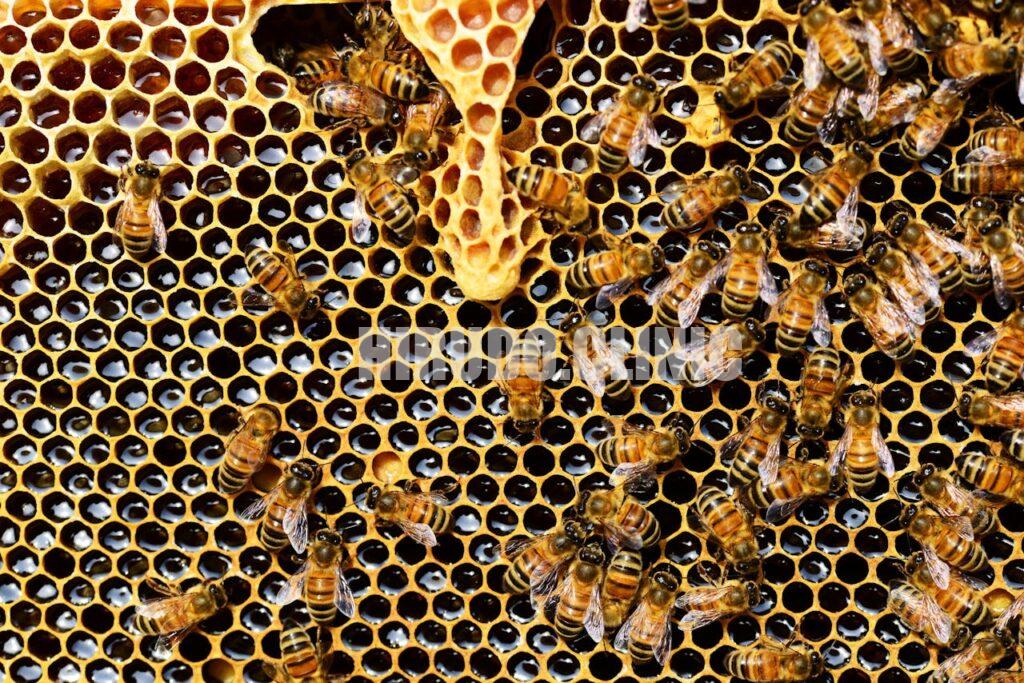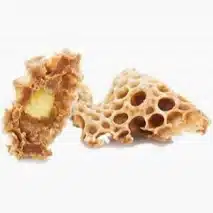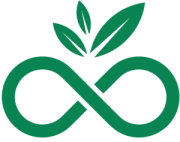Apitherapy: A Promising Alternative to Leech Therapy for Autoimmune Disorders

Mechanisms of Apitherapy in Autoimmune Disorders
Apitherapy involves the use of various bee products such as honey, propolis, royal jelly, and bee venom. Each of these substances contains bioactive compounds that can modulate the immune system and reduce inflammation, key factors in managing autoimmune conditions.
- Honey: Known for its antimicrobial and anti-inflammatory properties, honey contains antioxidants that help reduce oxidative stress and inflammation. Regular consumption of honey can improve immune function and reduce the severity of autoimmune symptoms.
- Propolis: This resinous substance collected by bees from tree buds has powerful anti-inflammatory and immunomodulatory effects. Propolis is rich in flavonoids and phenolic acids, which help regulate the immune response and prevent excessive inflammation.
- Bee Venom Therapy (BVT): Bee venom contains a complex mixture of peptides, enzymes, and amines, including melittin, which has strong anti-inflammatory and pain-relieving properties. BVT involves controlled bee stings or injections of purified venom, which can stimulate the immune system and modulate its activity, reducing autoimmune attacks on the body’s tissues.
Benefits of Apitherapy over Leech Therapy
While leech therapy has been traditionally used to improve blood circulation and reduce inflammation, it involves certain risks and limitations that apitherapy can overcome.

Non-Invasive and Controlled Administration
Apitherapy allows for more controlled and non-invasive treatments compared to leech therapy. Practitioners can administer bee products orally, topically, or through precise injections, which reduces the risk of infection and complications that often arise with live leech applications. This method ensures that patients receive the exact dosage needed without the unpredictability associated with using live leeches.
- Lower Risk of Infection: Leech therapy carries a risk of bacterial infection from the leeches themselves or from the wounds they leave behind. In contrast, apitherapy, particularly with properly processed and sterile bee products, presents a lower risk of infection and can be administered safely in various forms.
- Anti-Microbial Properties: Many bee products, especially honey and propolis, possess strong antimicrobial properties that can help prevent secondary infections, which are a common concern in autoimmune patients. Leech therapy lacks this additional benefit.

Royal jelly, a nutrient-rich secretion used to feed bee larvae and the queen bee, contains proteins, lipids, vitamins, and minerals. Studies show that royal jelly enhances immune function and reduces inflammatory markers, offering significant benefits for autoimmune conditions.



